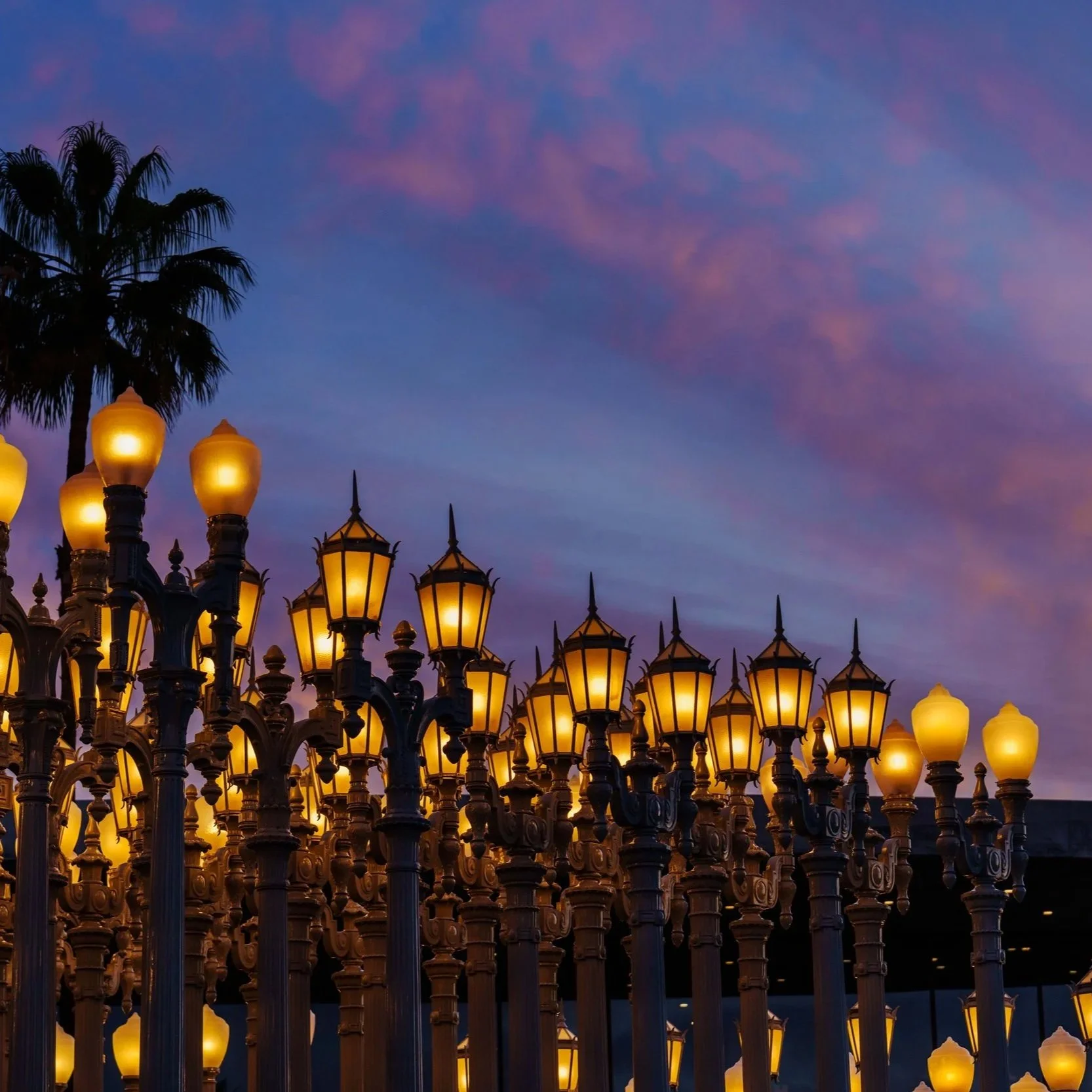The Impact of Breast Cancer
MoNesha La Violette reflects and embraces her reconstructed breast. “These are not the breasts that I breastfed my babies with,” Los Angeles, Calif. on Monday, Oct. 19, 2020. (Johaira Dilauro / The Corsair)
One in eight women will develop breast cancer in their lifetime. October is Breast Cancer Awareness Month - a global annual campaign to increase awareness, support, and early detection of breast cancer.
According to the CDC, more than 250,000 women in the U.S. get breast cancer each year and 42,000 women die from the disease. One in every 100 breast cancer diagnosis is in a man.
Some people may not experience any signs or symptoms pointing to breast cancer. Signs to be aware of include a change in breast size or shape, pain in any area of the breast, nipple discharge, or a new lump in the breast or underarm.
Breast cancer usually affects women over 50, but can happen at any age. MoNesha La Violette was 47 when she was diagnosed with breast cancer. Natalia Fernandez is 36 and just recently found a quarter size lump on her breast.
Natalia was getting out of the shower, putting her hair in a bun, when she looked in the mirror and noticed a lump on her left breast. She knew she had to get it checked.
“When I felt my lump, it was the size of a quarter. It was tough because it was during the quarantine and it was scary to go to the doctors, but it had to be done so we made the appointment,” said Natalia.
She went to a general check-up appointment, followed by a referral to a gynecologist. The gynecologist ordered a mammogram, they confirmed the lump, and her next step was to get an ultrasound and remove some breast tissue for a biopsy.
“They took three samples, once tested they determined I had a very rare fast-growing tumor called a Phyllodes Tumor." On Nov. 3 she is getting a lumpectomy. The next step will be to send the tumor to pathology.
Natalia was taught at an early age by her mother to always check her breast. “I was one of [those] people that loves touching her breast so it was shocking when I felt something I never felt before.”
She said that breast cancer awareness was something that has taken on a whole new meaning. “My advice is don’t ever get comfortable, get to know your breast, do your check-ups, even mammograms, just do it. This is your body, your life, get to know every inch of yourself.”
MoNesha, a vivacious, bold, hungry for life Registered Nurse at Kaiser West LA, was working in Labor and Delivery when she found a lump in her breast. She was teaching a new mother how to manually express breastmilk. While demonstrating the technique on her own breast, she noticed something very tiny and abnormal, about the size of a pea.
That same day she went to her primary doctor and after 20 minutes of palpating, they found that tiny lump. She was scheduled for a mammogram and 2 days later had an ultrasound with biopsy.
“They call me and tell me that I [have] cancer, my middle son was standing in my room talking to me when the doctor called and, you know, I really didn't have time to process what had been told to me because I was really concerned about him standing there and all I could think about was, if I break down, how is that going to affect him? That is kind of how I spent my entire breast cancer journey... really worrying about other people,” said MoNesha.
When cancer strikes it affects not only the person diagnosed but their friends and family. MoNesha's advice, "This is the time to be the most selfish individual ever on the planet. And people have to be okay with that and it is not your job to make people feel okay with your diagnosis.”
Every stage of the journey requires the woman to advocate for herself. “When it came time for the chemo and my hair started to fall out I was worried about my husband because I've had long hair all my life and he was like...just wait and see. But my instincts were telling me just to cut it off because I didn't want to watch it fall off. And I didn't do what I knew I needed to do for me, I did what was best for somebody else and they caused me a lot of trauma," said MoNesha.
"I threw everything but the kitchen sink at mine. I'm like a double mastectomy? Yeah. I gotta have chemotherapy? Yes, I have to take medication for the next five to 10 years, ok. It's a hard road to lose your breast, what you identify with, and even though I went through reconstruction. These are not mine. These are not what I was born with, these are artificial, man-made gel bags that are stuck shoved underneath my skin, but these are not the breasts that I breastfed my babies [with]. I’ve learned to embrace and accept them. I'm so glad for modern medicine." says MoNesha.
"That sense of security that I had; cancer took that away. You are always worried about it coming back. I was listening to a survivor talk and she said you know this is a really exclusive club. I said no, it's actually not that exclusive. It's a club nobody wants to join, but it's a lot of members. There are so many women who have breast cancer just in this department alone," said MoNesha.
Ladies, this month, like every month, commit to getting to know your bodies. MoNesha’s advice is “Please check your girls, make friends with your body, check your breast. You need to know every aspect of your breast." Educate other women about breast assessments. Normalize feeling, assessing, and seeing your body. It’s the only one you get.











